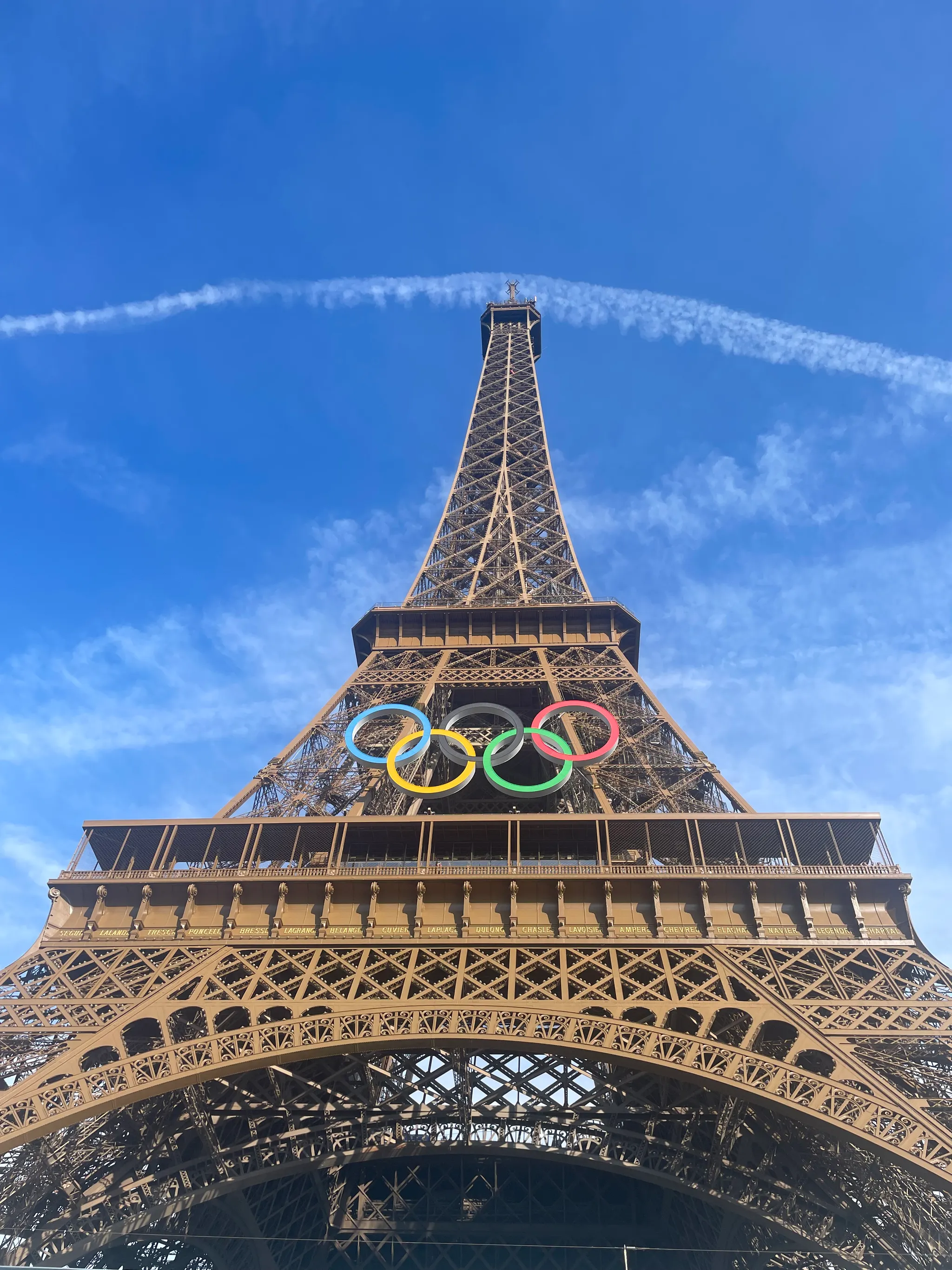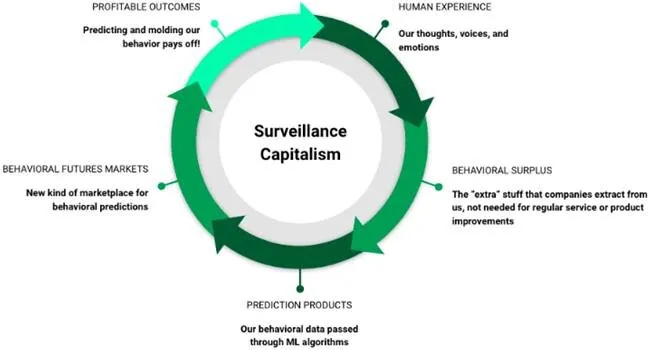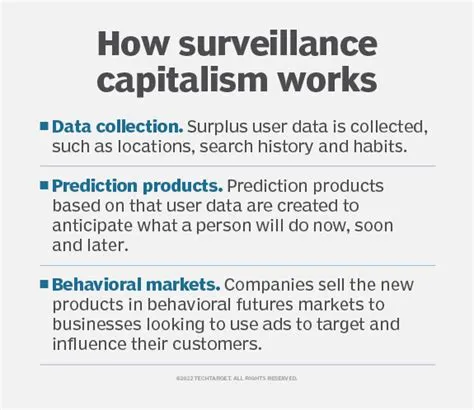Unless it’s for a business, I’ll never use social media. My friends and I prefer to keep it old school.
Here’s Why:
Don’t have time to read? Here’s a video that provides a good summary of most things:
Have time to read? Lets go.
Whenever I meet people, usually they ask for my social media. Most of the time I have to explain the reasons that I don’t have social media, so I figured that I’d just write this article to summarize the main points.
The Story
During my lifetime there was a shift.
When I was a kid, I can distinctly remember when people didn’t have smartphones. To be honest, I’m still I’m really nostalgic for those times—even if things were a bit more awkward. I still remember a time when everyone was fully present with one another. People couldn’t retreat into watching Instagram shorts under the guise of being busy like they can today. But as I grew up, I started to notice more and more people getting smartphones. They have infected our social lives and we haven’t recovered socially or emotionally since.
Nowadays, nearly everyone has a smartphone and everyone has social media.
The big transition point happened when I was in middle school. Back then, everyone was getting social media. It started with Facebook, then Snapchat, and eventually Instagram. I never hopped on that trend.
For those of us who never hopped on the social media trend, it feels like we’re outsiders. You get this feeling that you’re just standing still watching world regress into addiction.
Anytime you’re the only one not on your phone, things can feel dystopian. In high school this would happen before class, with substitute teachers, and in reading for pleasure. In college though, this usually happens before the lecture starts—especially in the gen eds like Chemistry. You can just look out and see everyone on their phone scrolling through Instagram reels. The same thing happens at the crosswalks. In some sense it gives me a sense of pride, but it’s also very lonely and dystopian.
. . .
From the vantage point of people who haven’t had social media, it’s easy to see how it affects people who do have social media. It commercializes and standardizes your personality, destabilizes your identity, monetizes your emotions, places an emphasis on superficial things, and is correlated with depression and anxiety.
•
Social media commercializes your emotions and personality
The emotion of friendship has been commercialized by social media companies. In the beginning perhaps it worked, but now you have to cross a barrier to connect with people. The more digital intermediaries you have to pass through, the less social and the less connected you will be in the real world.
People can’t get off of it because it feels like social suicide—they usually don’t think that the people who really care about them will text them instead. Getting off social media is a good way to figure out who actually cares about you.
When you’re bored, you get on it. When you’re sad, you get on it. When you’re anxious, you get on it. Social media is commercializing your emotions. Rather than reap the rewards that come with being bored in terms of coming up with creative ideas, or reflect on why you’re sad, or take steps to reduce you’re anxiety, all of those once constructive outcomes are taken away. Suddenly you’re giving up all of those positive outcomes that often come after boredom or a negative emotion. This is why it feels like you’re stagnating—all of your personal growth is channeled into the growth of their profits.
•
Social media’s algorithm incentivizes the destabilization of your identity, then often fixates it on something profitable to the company
The more people don’t have a strong sense of identity, the more you can convince them of things and sell to them.
The next time you’re on social media, keep track of the things that are contradictory—especially if they have to deal with any insecurities or perceived weaknesses you have. You’ll notice that there will be this back and forth between people saying that it’s bad or good. It would be simpler to code in just to show them all of one tag—but they don’t. Here are some examples of dualities that I would see on Youtube in the time that I had it: “pretty privilege” vs “unconventional beauty”; being recommended entertaining content vs being recommended motivational or productivity content; left leaning content vs right leaning content; etc.
Of course, this process of identity destabilization takes place over hundreds of exposures to the algorithm. At night you can notice how the algorithm changes because people are more suggestable at night. But once you’re disoriented and don’t know quite what to believe, what is true, or who you are—then you can be easily convinced of things.
Then if it gets to this stage, the algorithm has you fixate on things that drive high engagement. Usually this results in echo chambers and some form of radicalization. The desire to be an influencer usually takes hold as well. This is because all of these are profitable.
Again, this takes place over multiple days with the biggest gains in incremental suggestion taking place at night. Again, this is so slight that it is difficult to catch unless you’re really paying attention to how clever the algorithm is. But on the large scale this is obvious—how many times have you had a friend who used to be normal, but then ended up getting radicalized due to being chronically online? Day by day nothing changes, but when you look back they’re completely different. The real world is completely different from the online one. A modern analog to Plato’s cave.
•
Social media standardizes your personality
Social media has also made people much more similar. If you’re being honest, when was the last time you met someone really interesting? When was the last time you felt interesting? Do you ever feel like you don’t have much of a personality? This could be the reason.
The reason for standardization of personality is because of influencers. Lots of research can be distilled to say that you’re the average of your 5 friends. In other words, the average of the 5 people you interact with the most. Well, if the top 5 influencers each have a shared audience of 20 million people, then 20 million people suddenly become extremely similar. The more followers influencers have, the more similar groups of people become. Groups of people getting more similar is essentially a direct consequence of influencers with large followings.
Companies pick up on this when they survey their target demographics, which is why you’ll see an immense usage of the word “you” in essentially everything that is marketed to Millennials and Gen Z. I haven’t been on Spotify in years, but I’m sure that if you have it you’ll see it almost everywhere the word could be succinctly used. Once you pick up on this, it’s hard to unsee. They know that people feel like they don’t have personalities and are lonely, so they change their wording to reflect this.
•
Social media makes you place more of an emphasis on superficial things
Social media is driven by three things: users uploading content, an algorithm, and opportunities for profit.
The users are essentially unpaid workers that make content for their platform. The users do not actually own any of their content—just read the terms of service—they make it for free for the algorithm. It’s essentially digital feudalism.
The algorithm is essentially an AI that selects for the content that are profitable, and selects against the content that is not profitable. The things that are the most profitable are the most visually stimulating, emotionally angering, generally divisive, or otherwise addictive.
The opportunities for profit are through user data harvesting, watching ads, and buying things. Data harvesting is for figuring what market demographics the users are in so that personalized ads can be delivered, in order to increase the odds that the users buy products. These are essentially the three big steps of surveillance capitalism.
Since the things that drive profit are all very stimulating, the platform rewards influencers, musicians, and artists posting what used to be called softcore porn on the platforms. If it makes money, then it is deemed good. It is also coupled with general limits on how many words you can use because words are not nearly as stimulating as pictures. In doing this the algorithm essentially enforces an implicit ban on the expression of any complex thought, deep discussion, or nuanced idea.
•
Social media is correlated with depression and anxiety.
I think everyone knows this, but there’s a reason that these statistics are around:
•
“from 1990 to 2010, the number of Americans reporting no close confidants has tripled”
•
•
•
•
•
•
“Social isolation and loneliness have been linked to increased risk for Heart disease and stroke. Type 2 diabetes. Depression and anxiety. Addiction. Suicidality and self-harm. Dementia. Earlier death.” (CDC)
•
“Chronic loneliness is worse for our health than smoking up to 15 cigarettes a day, and loneliness has been linked to … depression, cognitive decline, dementia, and a shorter life span” (PsycologyToday)
•
people with fewer social relationships die earlier on average than those with more social relationships (PubMed)
Anyway, there are just some of the reason that I don’t use social media.
If I were to use social media, it would only be on the condition that I’d be using it for business—because there aren’t really any other viable alternatives, sadly. But that’s an essay for another time.


